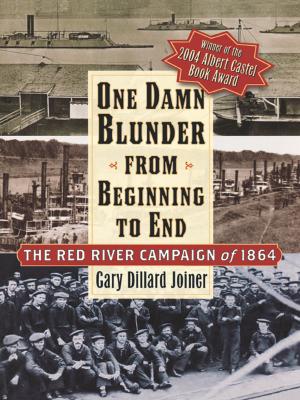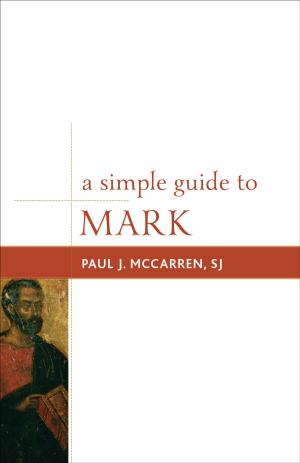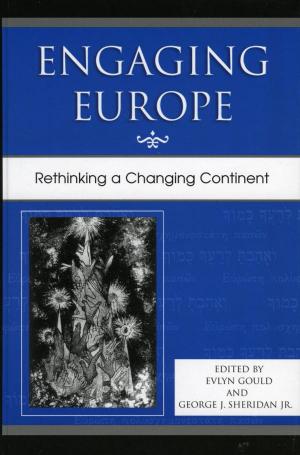The Progressive Revolution in Politics and Political Science
Transforming the American Regime
Nonfiction, Social & Cultural Studies, Political Science, Government, Public Policy| Author: | Paul Carrese, Eric R. Claeys, Edward J. Erler, Tiffany R. Jones, John Marini, Ken Masugi, Will Morrisey, Peter C. Myers, Larry Peterman, John G. West, Thomas G. West, Scot J. Zentner | ISBN: | 9781461666547 |
| Publisher: | Rowman & Littlefield Publishers | Publication: | June 30, 2005 |
| Imprint: | Rowman & Littlefield Publishers | Language: | English |
| Author: | Paul Carrese, Eric R. Claeys, Edward J. Erler, Tiffany R. Jones, John Marini, Ken Masugi, Will Morrisey, Peter C. Myers, Larry Peterman, John G. West, Thomas G. West, Scot J. Zentner |
| ISBN: | 9781461666547 |
| Publisher: | Rowman & Littlefield Publishers |
| Publication: | June 30, 2005 |
| Imprint: | Rowman & Littlefield Publishers |
| Language: | English |
We cannot understand our current political situation and the scholarship used to comprehend our politics without taking full account of the Progressive revolution of a century ago. This fundamental shift in studying the political world relegated the theory and practice of the Founders to an antiquated historical phase. By contrast, our contributors see beyond the horizon of Progressivism to take account of the Founders' moral and political premises. By doing so they make clear the broader context of current political science disputes, a fitting subject as American professional political science enters its second century. The contributors to the volume specify the changes in the new world that Progressivism brought into being. Part I emphasizes the contrast between various Progressives and their doctrines, and the American Founding on political institutions including the presidency, political parties, and the courts; statesmen include Frederick Douglass, Theodore Roosevelt, Woodrow Wilson, and John Marshall. Part II emphasizes the radical nature of Progressivism in a variety of areas critical to the American constitutional government and self-understanding of the American mind. Subjects covered include social science, property rights, Darwinism, free speech, and political science as a liberal art. The essays provide intellectual guidance to political scientists and indicate to political practitioners the peculiar perspectives embedded in current political science. Published in cooperation with The Claremont Institute.
We cannot understand our current political situation and the scholarship used to comprehend our politics without taking full account of the Progressive revolution of a century ago. This fundamental shift in studying the political world relegated the theory and practice of the Founders to an antiquated historical phase. By contrast, our contributors see beyond the horizon of Progressivism to take account of the Founders' moral and political premises. By doing so they make clear the broader context of current political science disputes, a fitting subject as American professional political science enters its second century. The contributors to the volume specify the changes in the new world that Progressivism brought into being. Part I emphasizes the contrast between various Progressives and their doctrines, and the American Founding on political institutions including the presidency, political parties, and the courts; statesmen include Frederick Douglass, Theodore Roosevelt, Woodrow Wilson, and John Marshall. Part II emphasizes the radical nature of Progressivism in a variety of areas critical to the American constitutional government and self-understanding of the American mind. Subjects covered include social science, property rights, Darwinism, free speech, and political science as a liberal art. The essays provide intellectual guidance to political scientists and indicate to political practitioners the peculiar perspectives embedded in current political science. Published in cooperation with The Claremont Institute.















